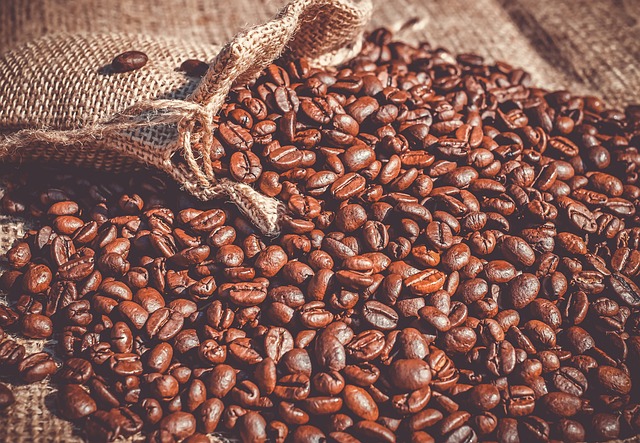
Seoul, South Korea – South Korea's love affair with coffee continues to deepen, as new data reveals a surge in coffee imports. According to the Korea Agro-Fisheries & Food Trade Corporation, the country imported a record-high $1.37 billion worth of coffee beans, ground coffee, concentrates, and instant coffee last year.
This marks an 11% increase from the previous year, with the total volume of imports reaching 215,838 metric tons. The significant surge in value can be attributed to the rising global coffee bean prices, driven primarily by adverse weather conditions in major producing countries like Brazil and Vietnam.
The demand for coffee in South Korea has been steadily growing, fueled by the country's fast-paced lifestyle and the increasing number of coffee shops. With over 107,000 coffee shops nationwide, South Koreans have easy access to a variety of coffee beverages at any time of day. The popularity of low-cost coffee chains has further contributed to this trend.
“Coffee has become more than just a beverage in South Korea; it's an integral part of daily life,” said a representative from the Korea Agro-Fisheries & Food Trade Corporation. “The country's unique work culture, which often requires long hours and high productivity, has led to a surge in coffee consumption as people seek to stay alert and focused.”
According to Euromonitor International, South Koreans consume an average of 405 cups of coffee per person annually, significantly higher than the global average of 152 cups.
Key factors driving South Korea's coffee consumption include:
Fast-paced lifestyle: South Koreans are known for their long working hours and hectic schedules.
Accessibility of coffee shops: The proliferation of coffee shops, especially budget-friendly options, has made coffee more convenient.
Health benefits: Coffee is often perceived as having health benefits, such as improved cognitive function and reduced risk of certain diseases.
As South Korea's coffee culture continues to evolve, it's clear that the country's love affair with this beverage shows no signs of slowing down.
[Copyright (c) Global Economic Times. All Rights Reserved.]






























